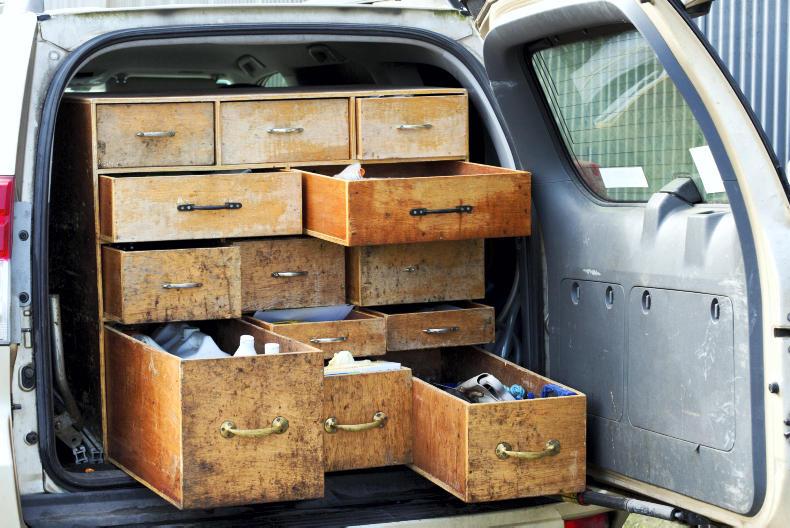This time of year can be a nice wind down prior to the hustle and bustle of spring. Cattle are in, cows are dry and the days are short. However, it also allows for preparation for the season ahead. This year was quite good for low levels of neonatal calf disease, but complacency must be avoided.
Proper cleaning and disinfection of calving facilities and calf pens in advance of calving season can pay dividends. Foremost, the structural integrity of the facilities should be evaluated. Cracks in concrete allow for pathogens such as cryptosporidium to nest away, walls that can’t be cleaned build up excessive faecal pathogen contamination. Pens should be easily accessed to allow proper cleaning during the calving season.
Thorough washing of surfaces should be carried out before applying disinfectants as organic material will inactivate many disinfectants. Surfaces should be allowed to dry fully after cleaning. It is an important farm procedure and doesn’t need to be rushed so the disinfectant can be applied at a later stage. When choosing a disinfectant, it is important to know if it kills the bugs you are most concerned about.
Many traditional disinfectants that were very effective against bacteria and viruses have little effect against cryptosporidium. Proper protective equipment should be worn when preparing and applying disinfectants. Examine the label to see what the requirements for the product are.
One popular and effective product requires a contact time of two hours. This means that the surface must remain wet with the product for two hours to be effective. It also has a different dilution rate if being used against crypto or coccidiosis.
Lime is often used simultaneously with liquid disinfectants. Many disinfectant products work by their acidic nature and mixing them with the base lime will neutralise both products and render them ineffective. Best advice is to use one product at a time, as directed, on clean dry surfaces. And after this work, calving pens shouldn’t be used as a layover for lame, aborting or sick animals.
Tadhg Gavin MVB CertDHH, Killaloe Veterinary Clinic, Co Clare. Killaloe Veterinary Clinic is part of XLVets. XLVets is a group of progressive practices who are working together to achieve a better future for agriculture and veterinary in Ireland. For further information go to www.xlvets.ie






 This is a subscriber-only article
This is a subscriber-only article









SHARING OPTIONS: